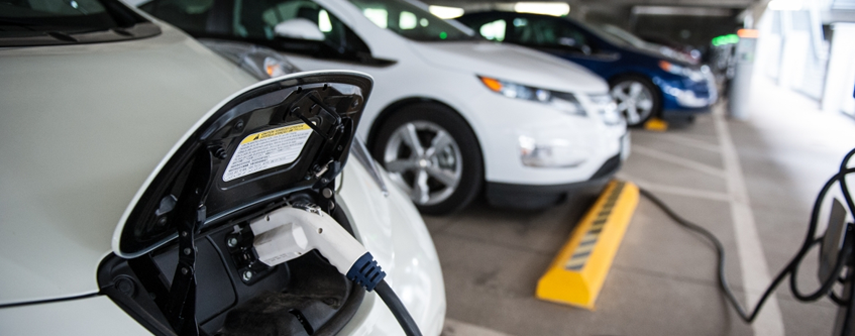India on route towards 100 percent electric mobility by 2030
 The Indian government and NITI Aayog have scripted an ambitious vision for ushering in e-mobility into the country and are aiming for sale of only electric vehicles by 2030. Government intends to achieve two things by this policy – scale down the reliance on fossil fuel and thereby reduce India’s carbon footprint.
The Indian government and NITI Aayog have scripted an ambitious vision for ushering in e-mobility into the country and are aiming for sale of only electric vehicles by 2030. Government intends to achieve two things by this policy – scale down the reliance on fossil fuel and thereby reduce India’s carbon footprint.
As a part of this goal, the Energy Efficiency Service (EESL), a JV company owned by NTPC, PFC, REC and POWERGRID, floated a global tender in August 2017 for procuring 10,000 electric cars including complete system warranty under the faster adoption and manufacturing of electric vehicles in India (FAME) scheme of the Union Ministry of New and Renewable Energy.
On 29 September, 2017 Tata Motors won the tender for supplying the electric vehicles (EVs) in two phases. In the first phase, 500 e-cars will be supplied to EESL in November 2017 and the rest 9,500 EVs will be delivered in the second phase.
EESL also floated tenders for 3,000 alternating current (AC) charging points and 1,000 direct current (DC) charging points. The charging points will be deployed by NTPC and Power Grid Corporation of India on the basis of demand. In the first phase, 400 chargers will be made available.
The National Electric Mobility Mission Plan (NEMMP) aims to have 4,00,000 electric vehicles on streets by 2020. The target is to achieve six to seven million sale of hybrid and electric vehicles year on year from 2020 onward.
While, India’s largest passenger car maker, Maruti Suzuki India is planning to foray into electric cars. Mahindra & Mahindra is also putting its best foot forward and plans to roll out two new electric vehicles over the next two years. It is also planning to ramp up its electric vehicle production. Other companies in the automobile segment are also finalising projex plans including creating up charging infrastructure.
The government is also planning to float tenders for introduction of e-buses and e-rickshaws, besides pushing for electric cars and two-wheelers. The planned projex is expected to create direct and indirect employment opportunities.
At the state level, a draft policy on electric vehicles has been prepared by the Telangana government. The policy has three components -- for manufacturers, users and support mechanisms. The draft policy has guidelines for shifting of public transport system from current the system to the electric mode. The policy is currently being shared with various government departments for their views before finalising the same.